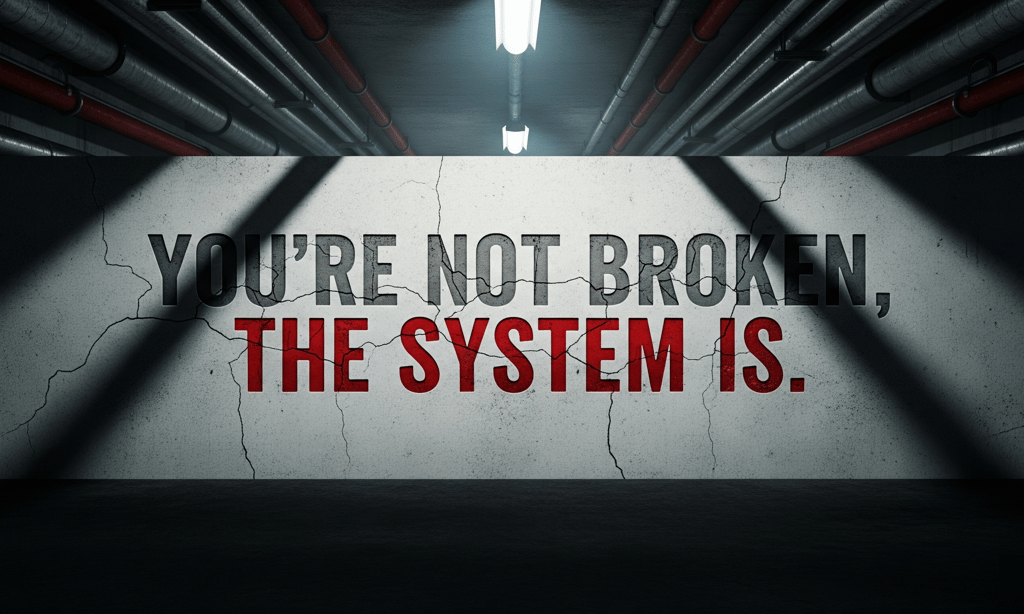The uncomfortable truth
I've been a web development student for about 5 years now, and I have a problem: I don't like to read documentation.
DEVELOPMENT


...about reading documentation
(that no one wants to admit)
I've been a web development student for about 5 years now, and I have a problem:
I don't like to read documentation.
There... I said it!
It’s one of those things that makes you feel like an imposter, like you don't have what it takes to be a good developer. And as technology advances, this feeling grows and grows, and then it turns into a monster. Does it sound familiar? For example: when I see that mountain of text from Astro, React, or any framework I'm interested in, I feel overwhelmed before I even start.
And the worst part is, it made me feel bad, you know? Like I was a bad student, or like somehow I was "broken". And if you’ve ever felt that way, let me tell you something: you're not alone.


The myth that "good developers read all the documentation"
Spoiler alert: it's a lie.!
Even senior developers don't read every single page of documentation from beginning to end.
That's not a book, it's an encyclopedia.
To be honest, I don't think anyone reads the entire encyclopedia to learn about dinosaurs, right? You just look up the specific page for a T-Rex and you're done.
Documentation is a reference tool, not a novel to read at the beach.
Forget about reading about routing in Astro. Instead, create a page, try to make a route, break it, and THEN go look up how to do it correctly. The context of having failed first makes the information 10 times easier to understand and remember.
Don't accumulate knowledge "just in case"— I always do this and trust me, it doesn't work. Learn when you actually need to.
Need to build forms? Read only that section.
Working with APIs? Look up only that part.
Want to deploy your project? Go straight to the deployment section.


If you feel like you "should" be reading more documentation, remember that every developer learns differently. Some are readers, some are doers, some are visual learners. The tech industry is obsessed with making everything seem more complicated than it is.
Your job isn't to impress anyone by reading a 500-page documentation manual. Your job is to solve problems. And for that, you only need to know where to look when you have a specific problem.
Do you relate to this? Tell me in the comments how you handle documentation. We promise we won't judge if you don't like to read either 😅
We all need to hear this:
My "anti-documentation" method that actually works
Practice first, read later:
The "Just In Time" method
Use documentation as a GPS, not a full map
When you get lost while driving, you don't study the entire map of the city. You look up the specific route to get where you're going. Documentation is exactly the same.
Find your favorite format
We all learn differently.
Are you more of a visual learner? Like me, check out videos and tutorials on YouTube.
Do you prefer examples? Go straight to the code section.
Do you need to understand the "why"? Read the conceptual guides before the tutorials.
Tools that saved my life
To get started with any technology:
Official "Getting Started" tutorial - Just this, nothing more.
YouTube channels - People who explain things without the fluff.
Small projects - Build something, break it, fix it.
For specific queries:
Stack Overflow - Your best friend.
Discord/Slack communities - Real people with real problems.
GitHub Issues - If something isn't working, someone has probably already asked about it.
For when you ACTUALLY need to read documentation:
Skim first - Read the titles and subtitles.
Code examples - Get straight to the point.
Ctrl+F - The good old reliable for finding keywords.
The truth no one tells you
The best developers aren't the ones who memorize documentation. They are the ones who:
Know how to ask the right questions.
Find information quickly when they need it.
Aren't afraid to experiment and break things.
Learn from their mistakes.
Join my personal challenge
The next time you see intimidating documentation:
Don't pressure yourself to read it all.
Define the specific problem you need to solve.
Look for only that information.
Immediately practice what you learned.
Take notes in your own words.
Here's my conclusion


José David Albarrán Velasquez
© 2025